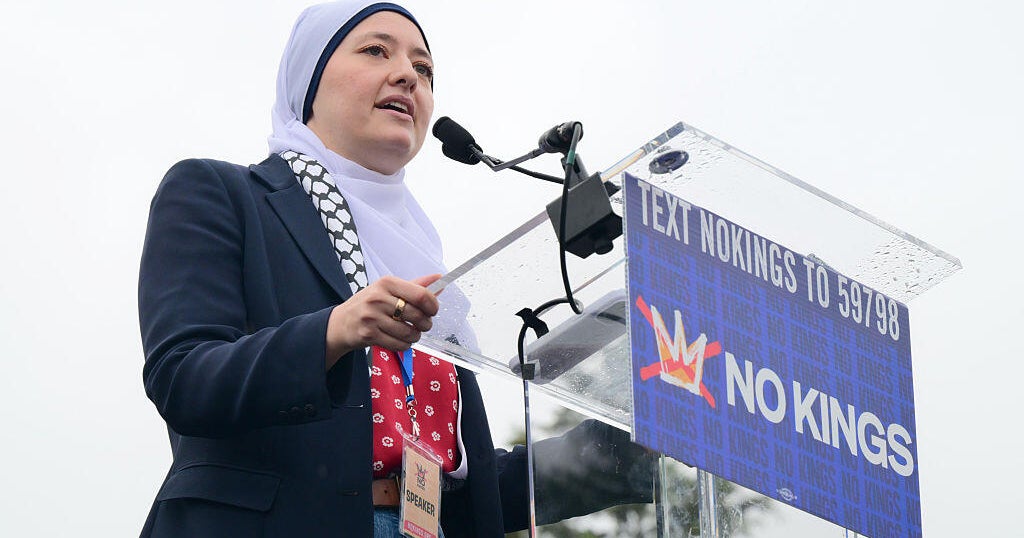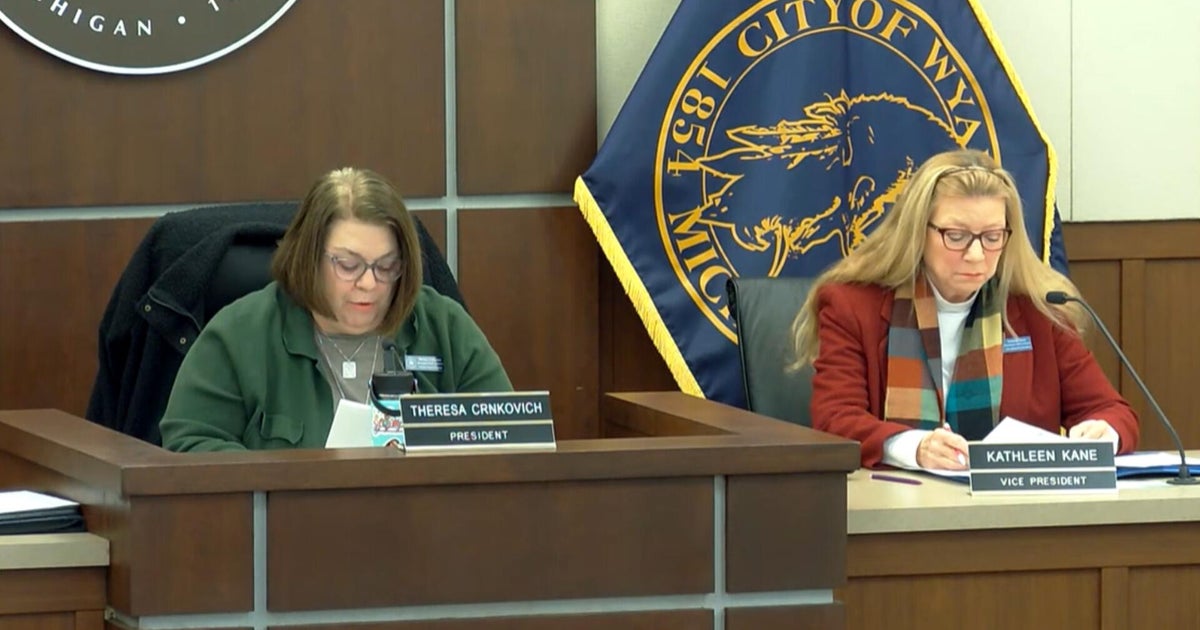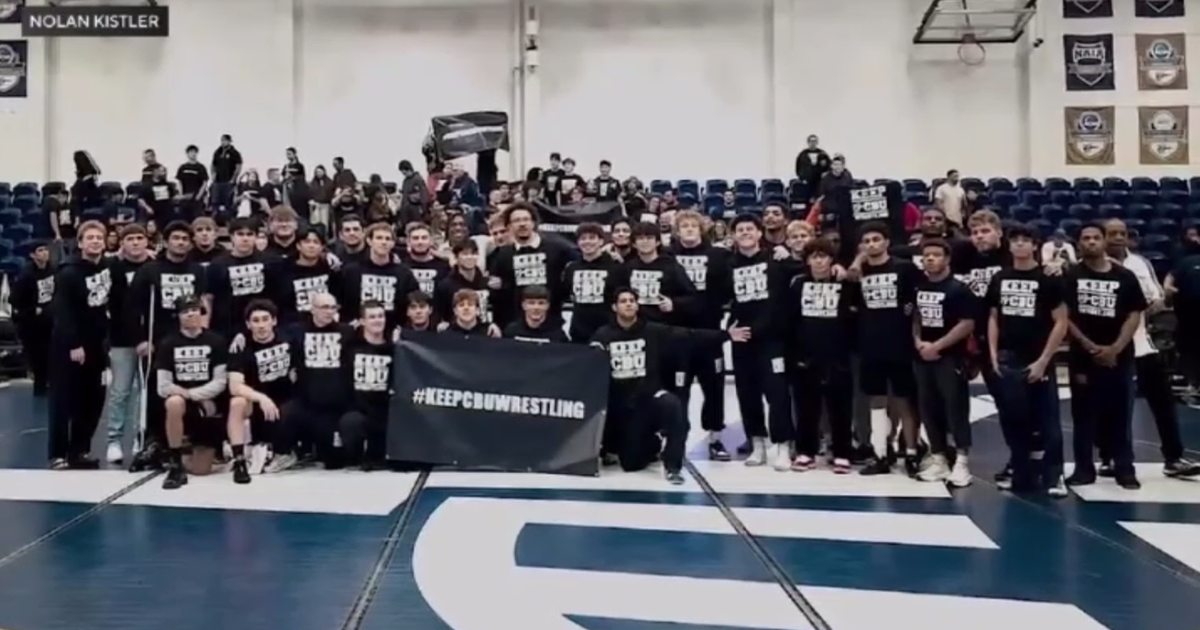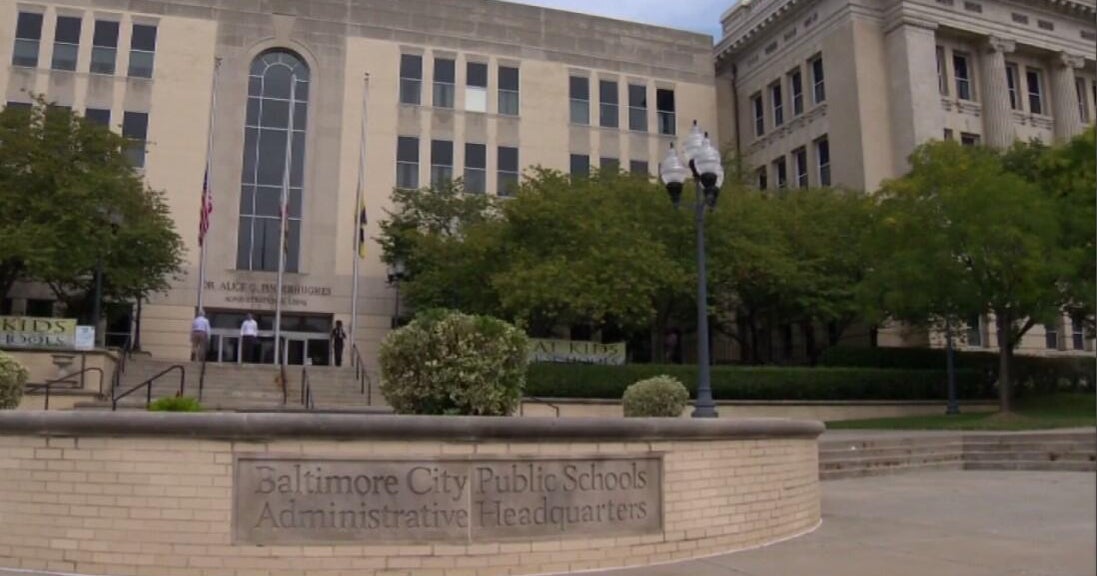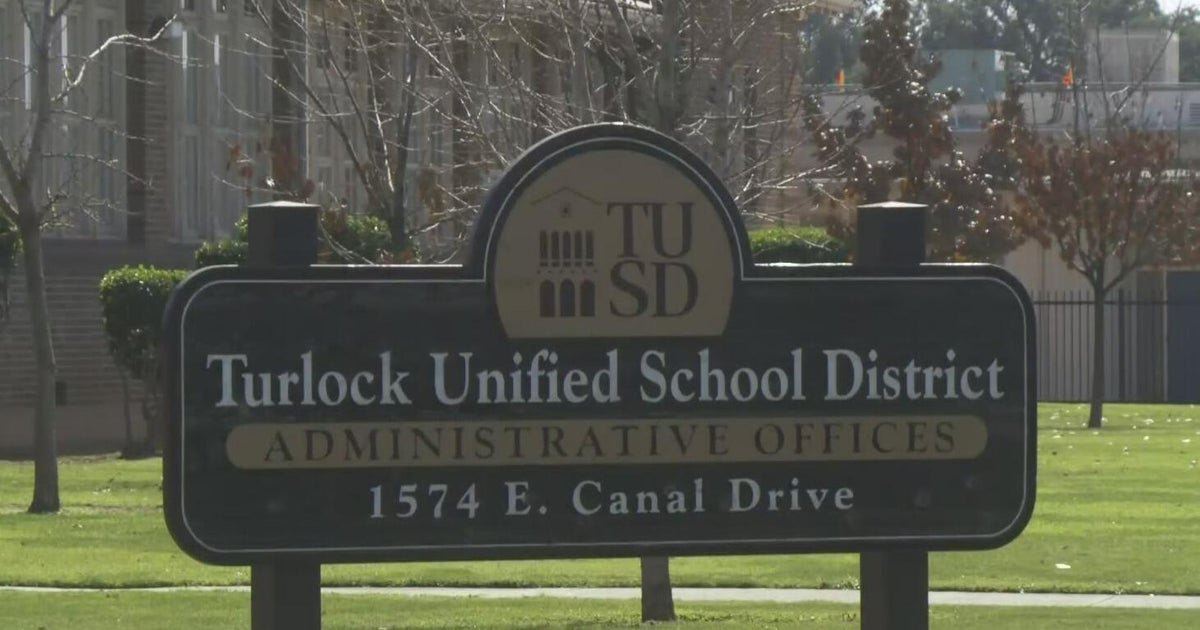California reps urge Meta against cutting analysis service
Alongside 16 other members of Congress, U.S. Rep. Anna Eshoo, D-Palo Alto, raised concerns about social media giant Meta's plans to cut CrowdTangle, a service used to monitor trends on Facebook and Instagram.
The service, the congressmembers said in a letter to Meta CEO Mark Zuckerberg, has been crucial for researchers and journalists seeking to expose and understand such phenomena as Russian influence in Africa and the COVID-19 pandemic's impact on mental health.
While congressmembers said the company deserves credit for its stewardship of the service, they claimed its substitute, the Meta Content Library, limits the access and scope of some information available under CrowdTangle and warrants further development.
The letter also pointed to instances when academics used CrowdTangle to test the efficacy of educational technologies, identify threats to candidates for public office and survey the proliferation of disinformation online.
"In light of threats to our national security, growing concern about the effect of social media on our children and their mental health, the advent and proliferation of generative artificial intelligence and important elections coming up in the United States and elsewhere in the world, Meta (like other platforms) has a responsibility to ensure that the public, independent researchers, journalists and policymakers can study and address the impact that platforms and their algorithms are having in these and other dimensions," the letter wrote.
A former Meta research manager, UC Berkeley Chancellor's Public Scholar and continuing lecturer David Evan Harris said his work at the company helped nongovernmental organizations access CrowdTangle. The service, he said, delivered huge value to organizations without the budget for extensive technical tools and data science staff.
"Without CrowdTangle, civil society organizations and researchers and journalists around the world will not be able to effectively keep tabs on what's going on online," Harris said.
Meta first announced March 14 that it would cut the service Aug. 14. The company said those five months should have allotted ample time for users to complete ongoing CrowdTangle projects and familiarize themselves with the Meta Content Library or other research tools.
As is, the congressmembers said the Meta Content Library improves upon some CrowdTangle features, but limits users' ability to track trends over time and is less user-friendly to those without extensive technical training. In light of Meta Content Library's perceived limitations, the congressmembers urged the company to delay the cancellation by six months and bolster Meta Content Library services in the meantime.
Meta did not state whether it planned to comply with the congressmembers' requests. Though a March statement by the company said the Meta Content Library would be available to members of nonprofit and academic institutions upon application, it did not confirm whether members of the for-profit press could gain access to the service.
"Meta has to date not provided information about how many organizations have access to Meta Content Library compared to those with access to CrowdTangle," the congressmembers wrote. "These usability and access concerns raise significant questions as to why Meta is pulling the plug on this tool at such a critical time."
Among the 17 members of Congress who signed the letter to Zuckerberg were two others also from California: U.S. Sen. Alex Padilla and Rep. Adam Schiff, D-Burbank.
Eshoo, the one Bay Area member of Congress who signed the letter, represents California's 16th Congressional district. Kevin Mullin, who represents California's 15th Congressional district and the portion of Menlo Park which houses Meta's headquarters, did not sign the letter.
Mullin's office did not immediately respond to request for comment on Meta's plans to cut access to CrowdTangle and the congressmembers' letter to Zuckerberg.
